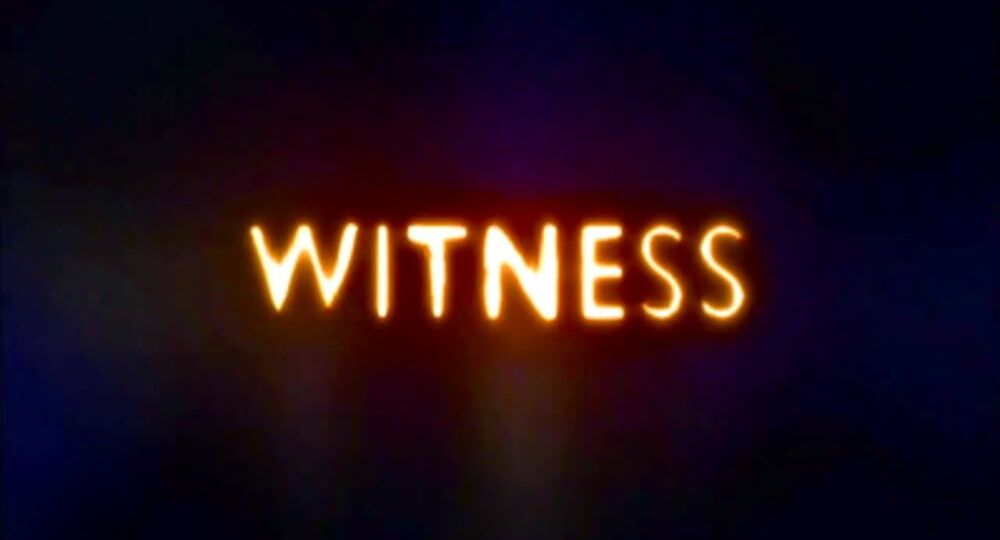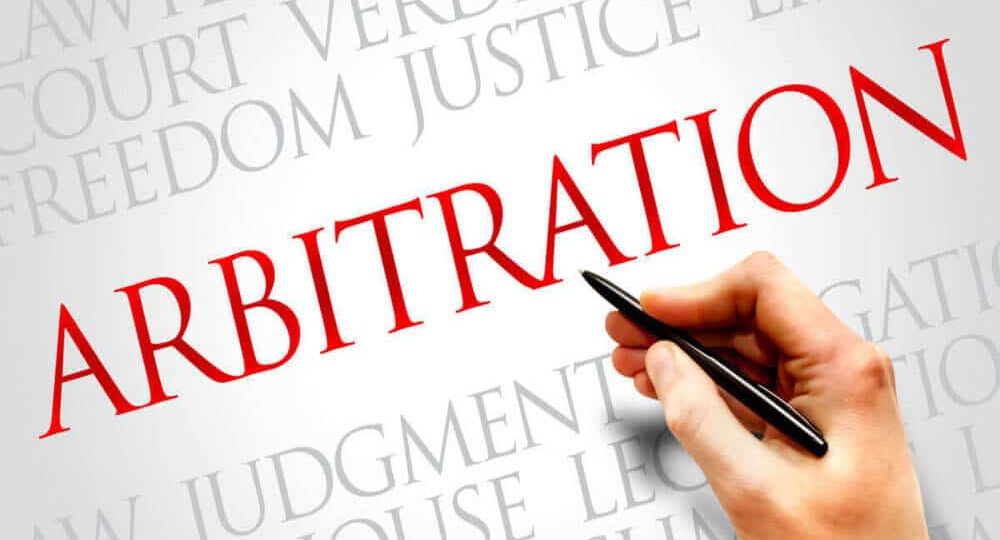Judicial review is defined as the procedure by which a court finds any statute that violates the constitution to be null and void. The judicial organ has the authority to determine the constitutional
The Indian Contract Act, 1872 defines a contract as an agreement enforceable by law under section 2(h). Essential for any contract as mentioned under this act include offer and acceptance with the
The battle of Hindu women to obtain equality in succession concerns has lasted decades. The Hindu Women’s Rights to Property Act, 1937 , The Hindu Succession Act, 1956 and The Hindu Succession
“Nothing an advocate does is simple, but of all the things an advocate must do, by far the most difficult, the most complex, and the most subtle is cross-examination.”
– Marcus Tullius Cicero[ ]
Arbitration is one of the most highly sought Alternate Dispute Redressal Systems. It involves solving the dispute outside the court, which saves the parties from lengthy proceedings, is highly flexible, legally recognized, and leads to speedy redressal. This method ensures cost-saving and is highly
“Everyone has the right to freedom of opinion and expression; this right includes freedom to hold opinions without interference and to seek, receive and impart information and ideas through any media and regardless of frontiers.”
The recent case of the suicide of Dr. Archana Sharma has brought the term medical negligence into highlight once again. Although the case is tainted with peculiar aspects of criminal law and politics,
In 1991, the New Economic Policy initiated liberalisation, privatisation, and globalisation of the Indian economy. This gradual decentralisation increased the amount of space available for market
Several offences are covered under the criminal law, and the punishment provided for each differs from case to case. The outcome differs in ways that the offender is sometimes not punished for the acts done by him, however, against the law. The Indian Penal Code, under Chapter IV titled ‘General
India is a democracy. Democracy is derived from the two words ‘demos’ which means people and ‘Kratos’ which means authority. Democracy precisely means a government where every individual has authority in rulemaking, either directly or indirectly. The Preamble of the Indian Constitution










